The Essentials of Blogging: Tips and Strategies for Success
Introduction Welcome to the world of blogging! Whether you’re a beginner looking to start your journey or an experienced blogger aiming to enhance your skills,…
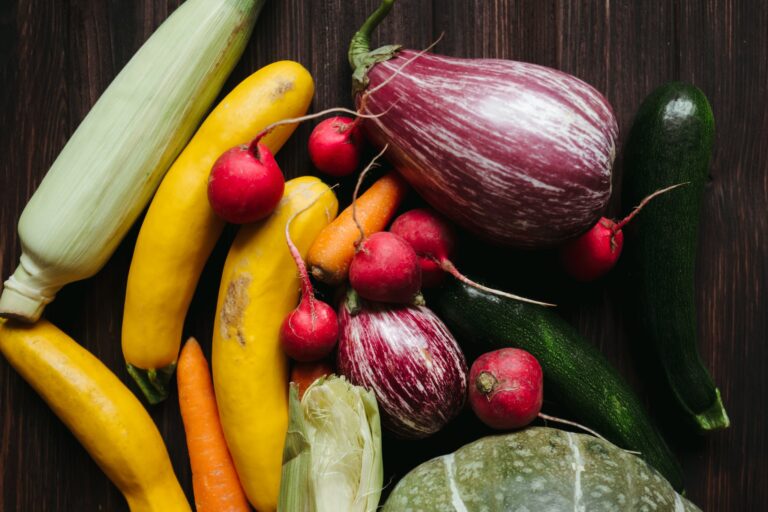
Introduction Welcome to the world of blogging! Whether you’re a beginner looking to start your journey or an experienced blogger aiming to enhance your skills,…
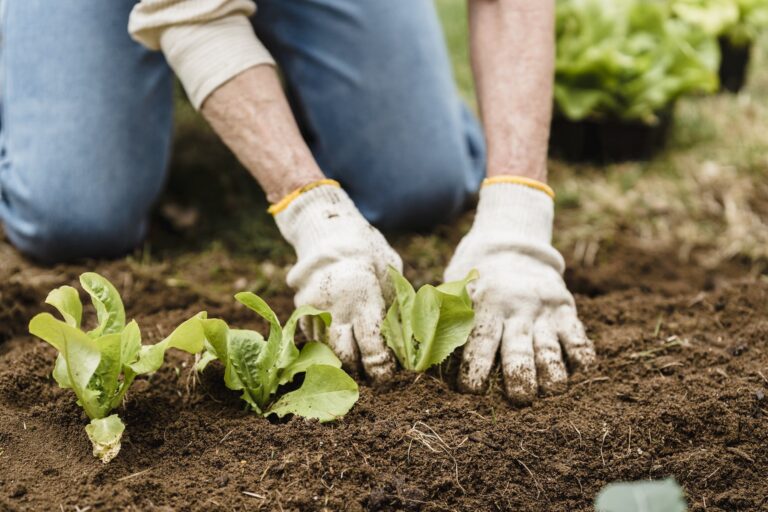
Introduction In the digital world, understanding and implementing Search Engine Optimization (SEO) is crucial for bloggers. SEO is the process of optimizing your website to…
Introduction Every great blog post starts with a solid structure. A well-structured blog not only enhances readability but also keeps your readers engaged. This post…
Introduction One of the biggest challenges for bloggers is consistently coming up with new and interesting topics. This post will share practical tips to help…
Introduction Growing a dedicated and engaged audience is a critical aspect of successful blogging. This post explores effective strategies to build and maintain a loyal…
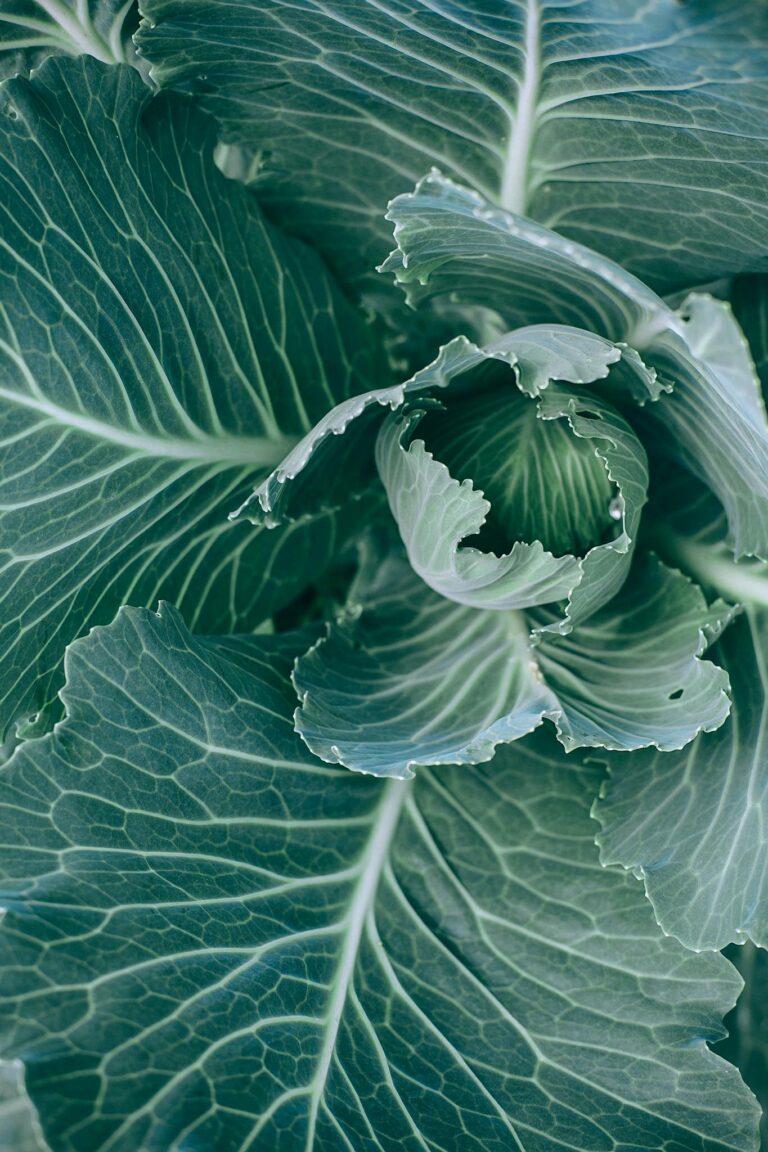
Introduction A key aspect of successful blogging is not just creating great content, but also effectively promoting it. This post will explore various strategies to…
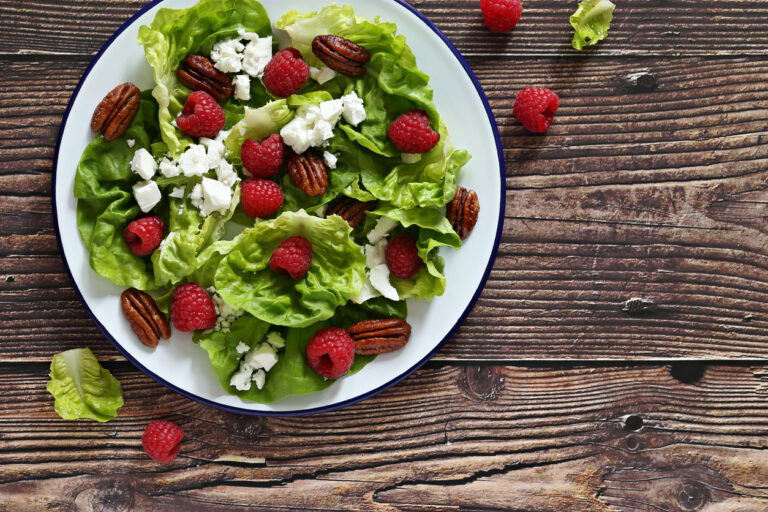
We are all going to be eating a LOT of salads this summer so let’s take a little time early in the season to talk…
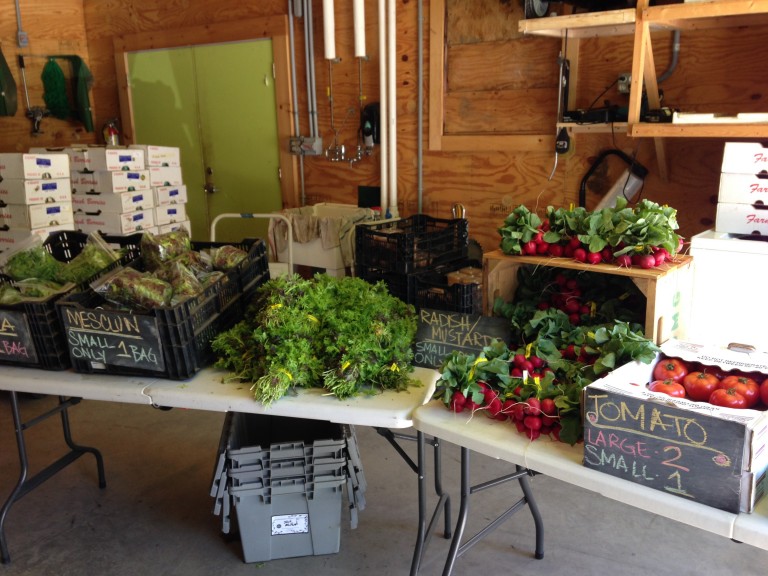
Last season we implemented several measures to protect our members and employees against Covid-19. The pick-up procedures that we modified worked out really well for…
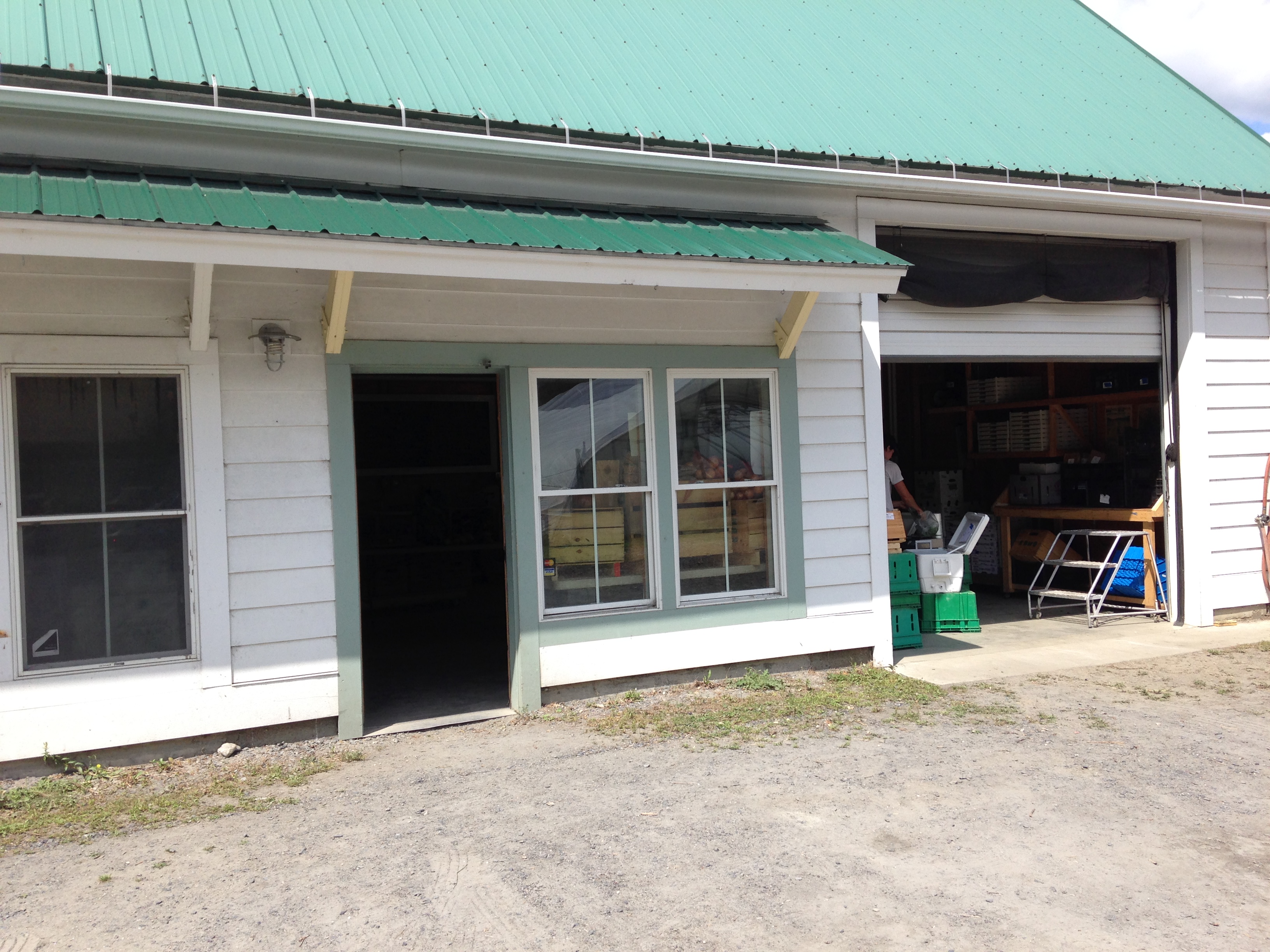
In February there was a fire in the washhouse at Kingsbury Farm. The washhouse is the area where we pick-up our shares for Muddy Boots…

You may be wondering about the impact of the CoronaVirus/Covid-19 on our operations for this year. The net-net is that we are moving forward and…
End of content
End of content
Robin McDermott, CSA Coordinator 802-496-3567 or by email.
CSA Pick-Up Location: Cloud Water Farm, 284 Route 100, Warren, VT 05674
Please do not drop off cash or checks for the CSA to the farm. Please send your payments to the PO Box below.
Mailing Address for sending in CSA Payments: Muddy Boots CSA, PO Box 449, Waitsfield, VT 05673
©2024 Muddy Boots CSA